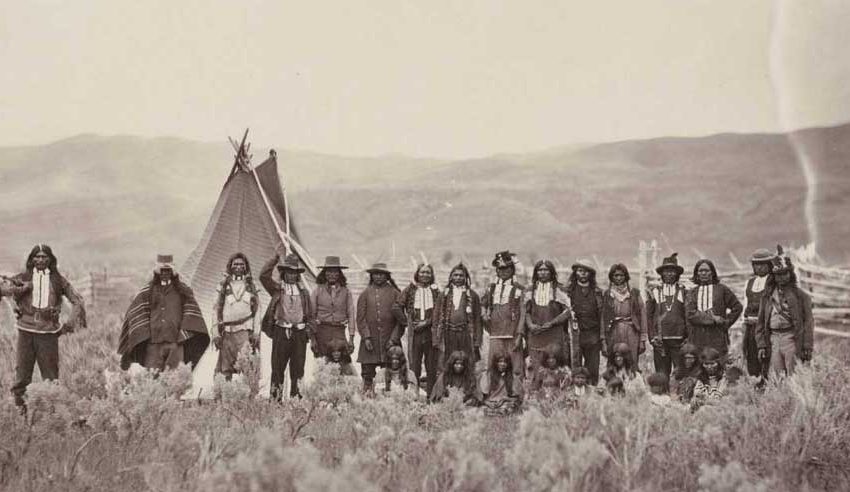SALT LAKE CITY, UTAH – This week, a panel of judges from the U.S. Court of Appeals for the Ninth Circuit ruled in favor of the Northwestern Band of the Shoshone Nation and the Utah Attorney General’s Office in a major hunting rights case involving an 1800s-era treaty.
The State of Idaho argued that the Fort Bridger Treaty of 1868 “conditions the reserved hunting right on permanent residence on a designated reservation, and that Northwestern Band members may not exercise the Tribes’ treaty-reserved hunting right because the Northwest Band does not reside on a designated reservation.” The State of Utah sided with both the Northwestern Band and the federal government, making the case that the Tribe reserved its right in the Treaty to hunt and fish on their ancestral territory. After a district court dismissed the matter, the Ninth Circuit reversed that decision and remanded the case for reconsideration.
According to the opinion authored by Judge Jennifer Sung, the appeals court panel concluded “that the 1868 Treaty does not make maintenance of the Tribes’ reserved hunting rights contingent on permanent residence on a designated reservation.” Judge Sung also wrote that “the Treaty’s terms…must be read in context and construed as they would naturally be understood by the tribes.”
Utah Constitutional Defense Assistant Attorney General Lance Sorenson argued the case in the appeals court on February 23, 2023.

